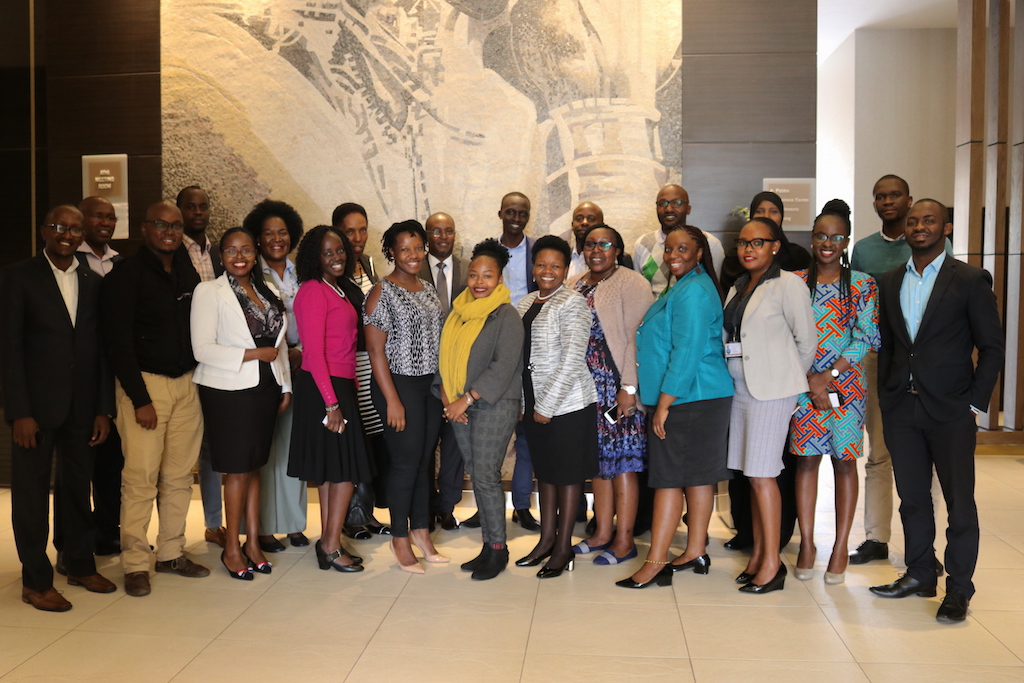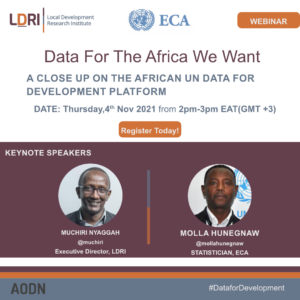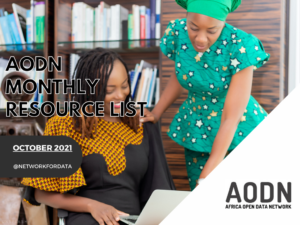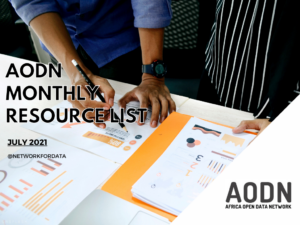![]()
AODN hosts an Open Data policy co-creation workshop

The Africa Open Data Network (AODN) recently hosted an Open Data Policy co-creation workshop in Nairobi, Kenya. The workshop brought together representatives from government, civil society organizations (CSOs), academia and the media to co-create a draft model open data policy. The stakeholders were from Kenya, Ethiopia, Sierra Leone and Rwanda, countries where AODN is currently running its Africa Open Data Fellowship- 2019.
The workshop was part of efforts by the network to generate resources that help governments and or institutions to address existential risks to open data within their contexts by developing an open data policy template that African governments and institutions can use and customize to their varying contexts.
Open Data policies regulate and support the continuous proactive opening of data to the public and can help stimulate the continuous opening and reuse of data through a well-thought plan. A policy would, therefore, provide a framework within which governments and institutions can consistently make data available. While there exist a few open data policies and guidelines in governments within and outside of Africa, there is potential for more governments and institutions to put together a framework that informs and enables open data within their varied contexts
Highlights from the workshop
The workshop built on discussions from our initial findings on drivers for data for development (D4D) with additional insights on disaggregating data to provide nuance on issues such as gender disparities and minority groups, integrating D4D with academia, the importance of providing metadata, value addition by integrating datasets to reduce data collection costs and providing feedback loops for data users to request and also provide feedback usefulness on provided datasets.
Discussions on the open data policy explored strategic, institutional, legal, legislative and monitoring and evaluation frameworks important for building an open data policy. Additional input from stakeholder discussions on the policy included: building a policy around country specific contexts, potentially tapping into transactional data, deriving value from archived data by opening it up, balancing demand and supply sides of open data.
Important questions raised were also on whether or not to monetize data and what monetization would imply in the different contexts and with different institutions, how to practically sustain open data within the public sector, how to integrate indigenous knowledge into the data ecosystem and thinking through potential incentives for data providers to consistently publish data.
What Next?
The discussions with stakeholders informed a zero draft open data policy guideline that we will be discussing at our monthly webinar this month and consequently sharing with stakeholders from across the continent for their input. AODN will then use the feedback to put together a final open data policy template that governments/institutions around the African continent can use.




